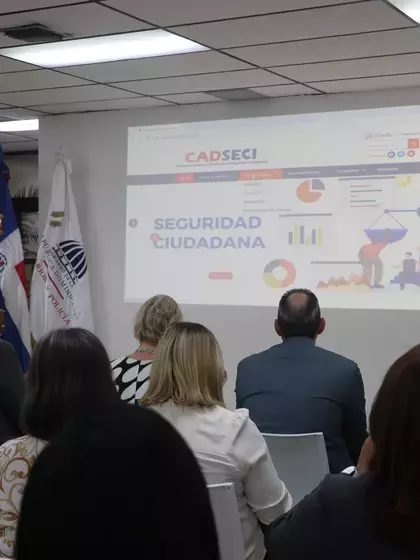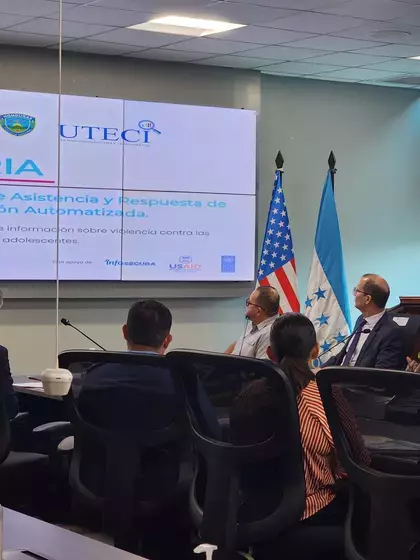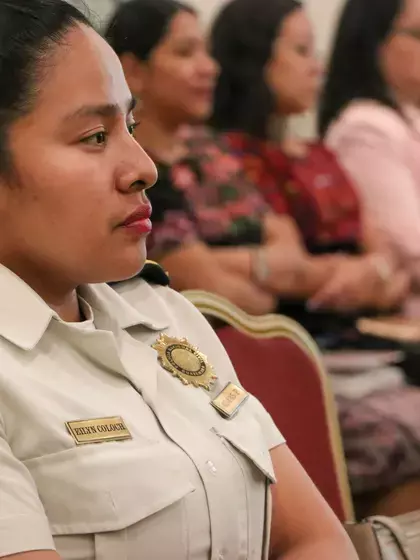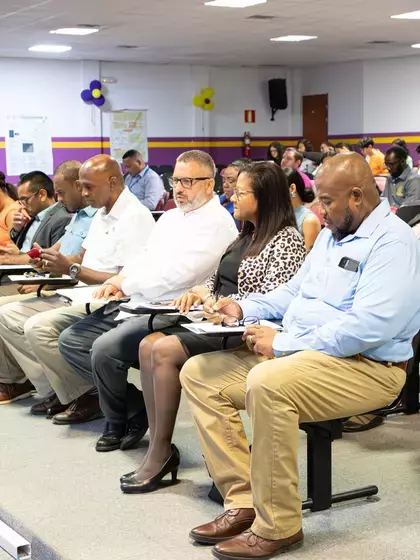Comprehensive Coexistence and Citizen Security Policy with a Gender and Human Rights-Based Approach
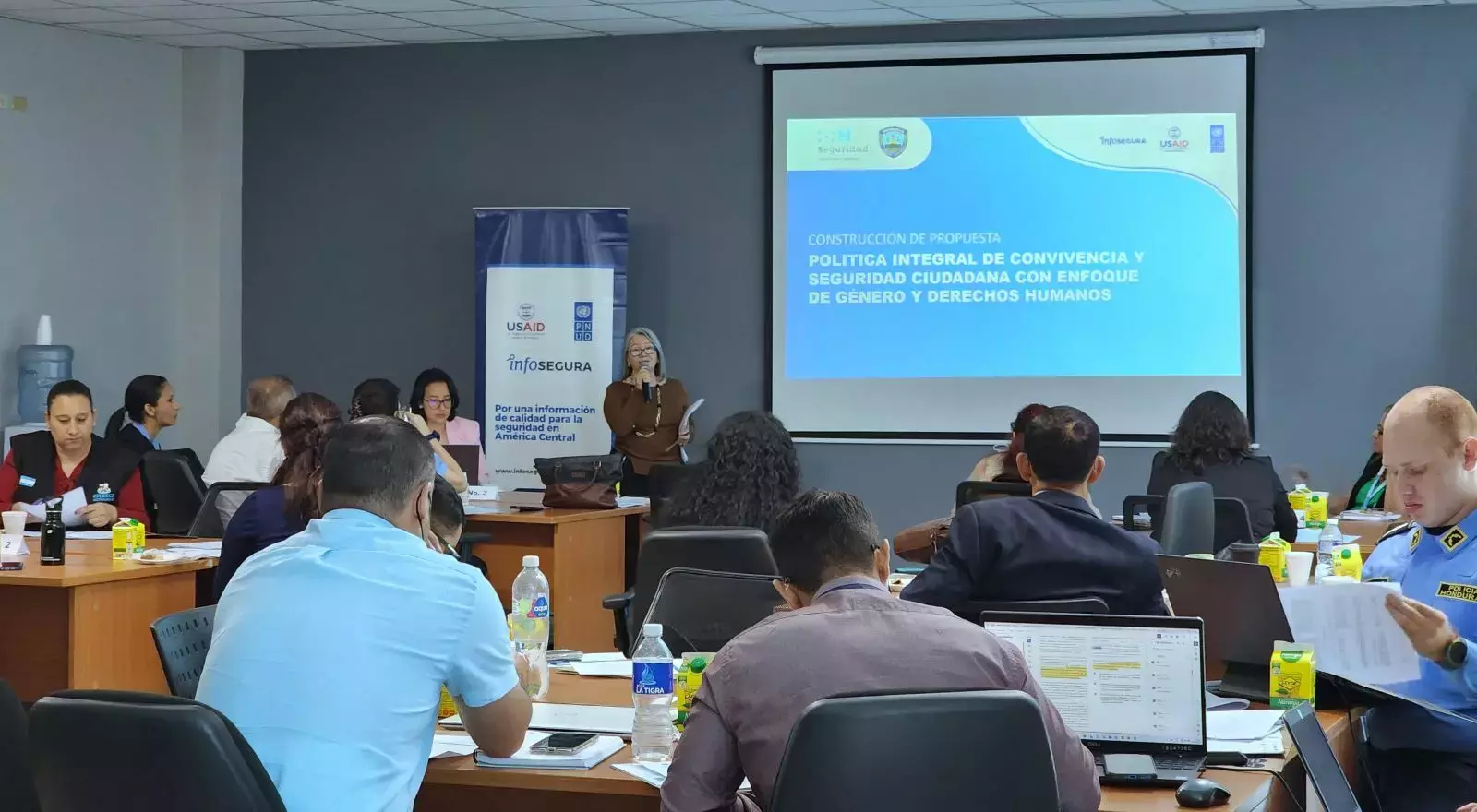
UNDP conceives citizen security as a process to establish, strengthen and protect the democratic civil order, eliminating the threats of violence in the population in a way that enables there to be safe and peaceful coexistence. Citizen security is considered a public good and involves effective safeguarding of human rights inherent to the individual, especially the right to life, personal integrity, inviolability of the home and freedom of movement.
Citizen security is not a simple matter of reducing crime, rather it is an exhaustive and multifaceted strategy for improving the population's quality of life, communities taking action to prevent crime, accessing an effective justice system and value-based education, with respect for the law and tolerance.
The Subsecretariat for Prevention and Human Rights of the Secretariat for Security with support of the United Nations Development Programme (UNDP) and the United States Agency for International Development (USAID) by way of the InfoSegura Regional Project are currently working on a new proposal for a "Comprehensive Coexistence and Citizen Security Policy with a Focus on Gender and Human Rights," including actions designed to address the risk factors associated with violence and community living based on scientific evidence and using a highly participatory approach in order to respond to citizen demands in matters of coexistence and citizen security.
This new public policy will be developed by way of a participatory approach, based on five strategic pillars: Gender and human rights; violence and crime prevention; violence and crime control; peaceful coexistence and social cohesion and victim assistance and protection.
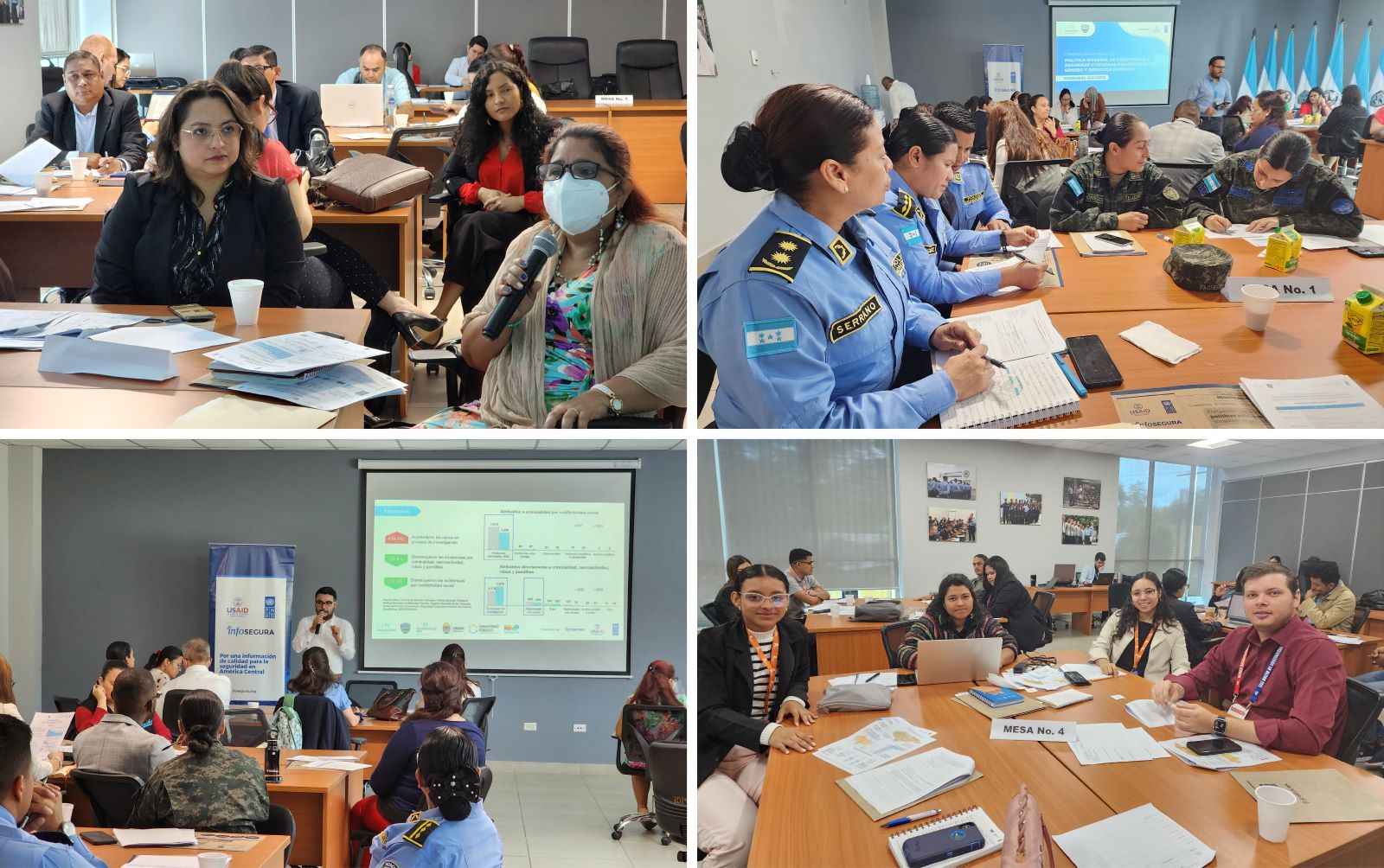
Participatory, people-centred approach
The objective of these citizen consultations is to receive input for the creation of a comprehensive people-centred citizen security policy, engaging 16 government institutions (40 people: 23 women and 17 men), Institutions on the Public Network (Red Publica) , (24 people: 12 women and 12 men), Youth Group (18 people: 10 women and 8 men) and Women's Groups (19 women).
In an effort to make governmental citizen security interventions more effective, it is crucial to have statistical and qualitative data to understand security and coexistence issues in the territories, which is the reason that—under this vision—the present citizen security policy with a gender perspective and human rights approach presents an evidence-based diagnostic assessment that is like an X-ray of Honduras, in order to create a gender-responsive citizen security policy that comprises five strategic lines of action.
Systematic analysis helps deepen our understanding of reality, of the context, serving also as input in discussions among participants and for the creation of public policy.
This needs to undergo review, analysis and action from a multidimensional perspective, looking at factors that affect peaceful coexistence and citizen security, in order to reduce the threats of violence, prompting safe and peaceful coexistence in the population.
InfoSegura Regional Project works hand in hand and on an ongoing basis with national Honduran institutions to improve the quality of data to reinforce public policies for citizen security, inform decision-making, drive forward multidimensional analysis and effective mainstreaming the gender approach in the information management cycle.
Read more about the information analysis for the five strategic lines of work:
- Analysis of violence against women and girls, Jan-Dec 2022
- Analysis of violence an crime prevention and control
- Analysis of social cohesion and peaceful coexistence
- Analysis of human rights and victim care and protection
See this note on UNDP Honduras website

